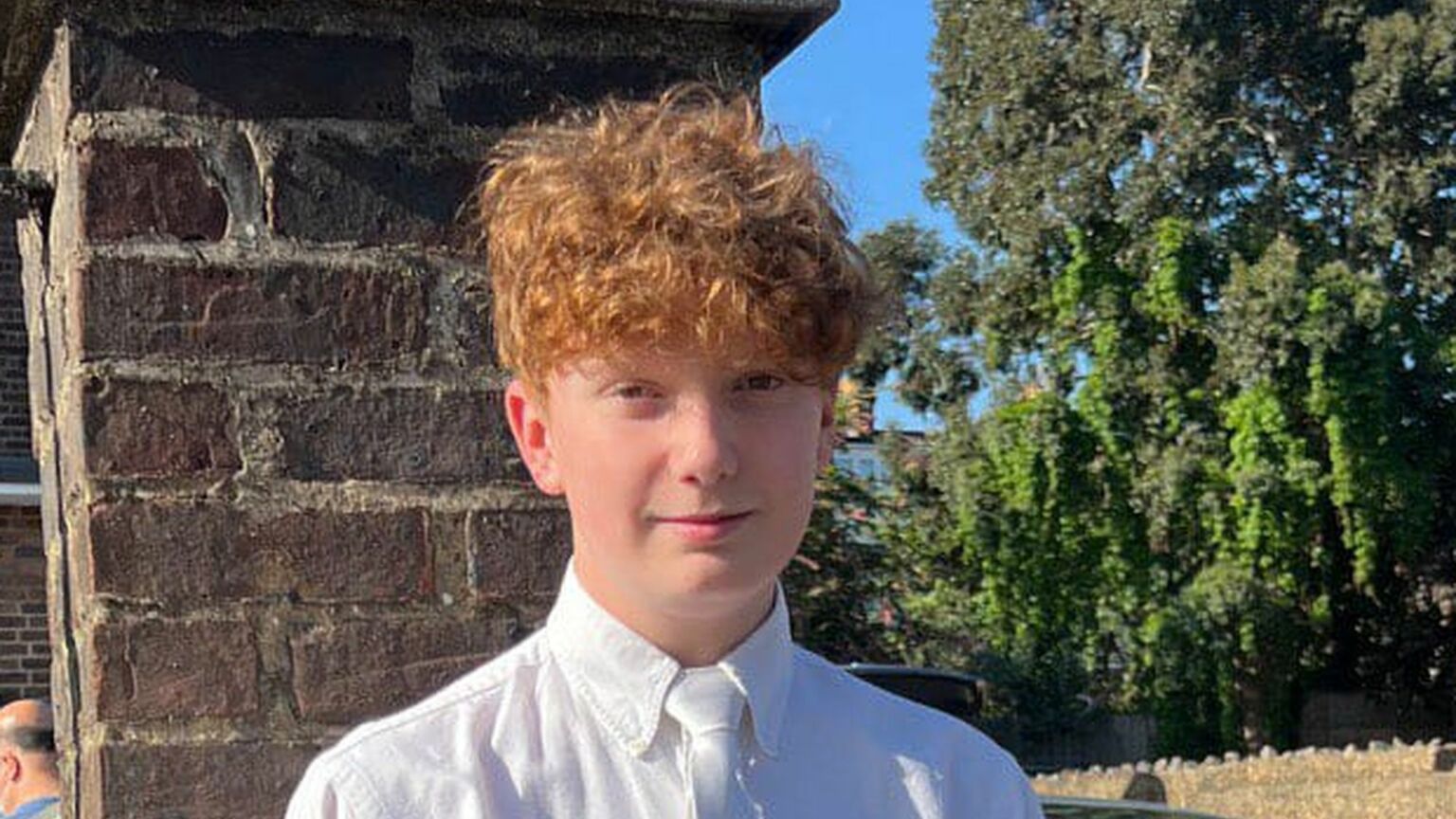Why young Londoners are killing each other
A culture of victimhood is fuelling the surge in teenage knife crime.

The New Year had barely arrived when the grim news emerged that 16-year-old Harry Pitman had been stabbed to death.
Pitman had gone with friends to Primrose Hill in north London to watch the New Year’s Eve fireworks. He was attacked just before midnight. A 16-year-old has now been charged on suspicion of murder, while a 17-year-old has been released on bail. Three other boys, initially arrested in connection with the killing, have since been released without charge.
This story is all the more miserable for being so familiar. Knife crime in the UK is now a persistent and growing problem. In the 12 months to March 2022, there were 282 murders involving a knife or sharp instrument in England and Wales. This is the highest annual total since 1946, exceeding the previous record of 281 fatal stabbings set in 2018.
The problem of knife crime is particularly acute in London (although it is becoming much worse in other regions, too). The Metropolitan Police reported a 21 per cent increase in the number of offences involving a knife or sharp instrument in London between January and June 2023. There were more than 80 homicide victims in London in 2023 in total, including 16 teenagers. Of those 16 teens, 14 were stabbing victims and two were gun-shot victims.
Some of these victims are well known. In September, 15-year-old Elianne Andam was stabbed to death at a bus stop in Croydon, south London. This killing made headlines for its sheer barbarity. Elianne and her friends were on their way to school, when one of her friends was accosted by a 17-year-old boy, reportedly her ex-boyfriend. Elianne stepped in to try to calm things down, but the boy allegedly took out a foot-long blade and drove it into Elianne’s neck. She died in the street.
But other murders, equally as tragic, have not garnered the same level of media attention. You probably haven’t heard of Leonardo Reid. He was just 15 years old when he was stabbed to death in Archway, north London in July 2023. He was making a music video with a group of 40 other young people, just yards away from his home, when he and others were attacked. Another 23-year-old involved in making the music video was also killed that night. Three twentysomethings have since been charged with their murders. It was an appalling incident, yet it barely registered in news bulletins. It seems that even the media are in danger of treating the news of young people stabbing each other to death as routine.
The mayor of London, Sadiq Khan, seems incapable of tackling the problem. He has repeatedly touted the so-called public-health approach to knife crime. This treats violence like an ‘infection’ or a ‘preventable disease’. But it clearly isn’t working. It barely scrapes the surface of what is a serious and deep-seated problem
We need to start acknowledging that there is a nihilistic culture of victimhood flourishing among a large swathe of young people today. It has made too many of them believe that life is cheap, and that it means nothing to stick a knife into the body of another young person. This culture encourages young people to see themselves as victims of the world around them. And it pushes some of them to think that there is no alternative to a life of crime, serious violence and inevitable incarceration.
Sadly, this fatalistic culture, in which young people are encouraged to see themselves as victims of forces beyond their control, has been fuelled by our debate about knife crime. Commentators repeatedly blame the Tory government’s austerity measures or the closure of youth clubs for the rise in youth violence. This approach treats young people as if they lack all agency. As if they have no real responsibility for the decisions they make. Telling young people that their lives are hopeless is actively feeding their indifference to human life.
We urgently need to tackle knife crime and the culture that underpins it. The first step should be robust but intelligence-led policing. Stop-and-search should be deployed, but used selectively. There should also be harsh penalties for those caught carrying knives.
The second step is even more important. We need to take apart the narcissistic culture of victimhood that has enveloped our young people. We need to tell them that they can succeed in the modern world, that their lives and those of others are not hopeless. We need to tell them they are not victims and that they have agency.
If we want our young people to stop killing each other, then it’s time we started giving them something to live for.
Luke Gittos is a spiked columnist and author. His most recent book is Human Rights – Illusory Freedom: Why We Should Repeal the Human Rights Act, which is published by Zero Books. Order it here.
Picture by: Met Office.
To enquire about republishing spiked’s content, a right to reply or to request a correction, please contact the managing editor, Viv Regan.










Comments
Want to join the conversation?
Only spiked supporters and patrons, who donate regularly to us, can comment on our articles.